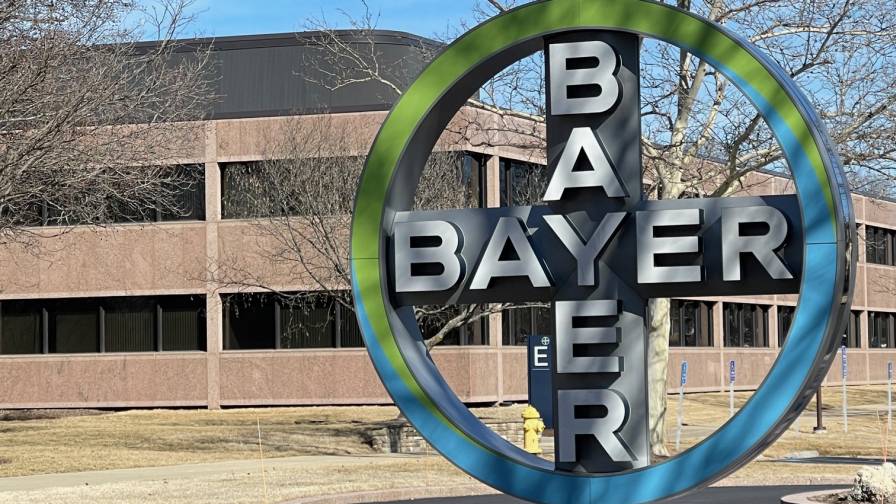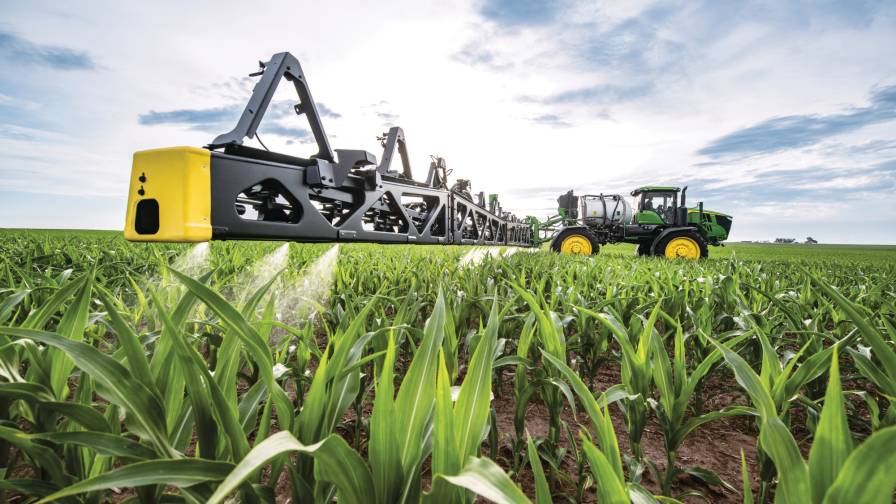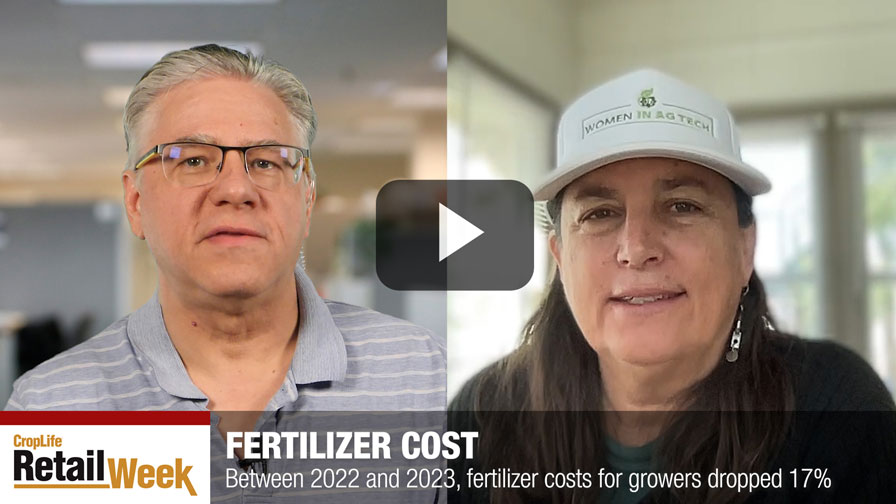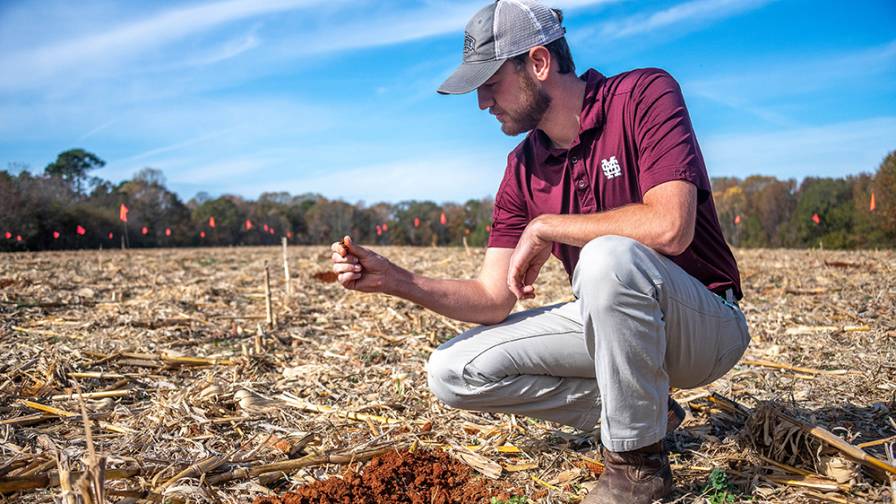Lyman/Tremont Group: Cultivating Bottom-Up Management
The Lyman/Tremont Group, based in Walnut Grove, CA, is in the midst of implementing some significant changes in its service to growers. Les Lyman, chairman, and Johnny Council, president and CEO, got the idea from a retail member of IAP, an input buying group that Lyman/Tremont belongs to, and was immediately sold on it.
“I said, ‘bingo, I can see right where to take that,’” recalls Lyman. “I could see that it could be a 5- to 10-year investment, but when we got that far out we would sure be glad we started when we did. No one else is doing it, and we’ll be getting a 3- to 5-year head start on our competition.”
Lyman is the designated “big picture guy” for the company these days, with responsibility for looking out to the horizon both for challenges and opportunities, and for keeping implemented ideas on track and as free from obstacles as possible. He spent his formative career years at Shell Chemical, providing him the opportunity to travel across the country and get a well rounded experience in the ag distribution channel.
“When I got back into the retail business, I carried with me the importance of always looking as far over the fence as I could,” says Lyman.
The opportunity that Lyman is referring to involves helping grower-clients to comply with increasingly suffocating state level regulations and market demands surrounding worker safety, water quality and food traceability.
“It all has to come back to what is sustainable,” says Lyman. “Nothing is sustainable without water and nothing is sustainable, in California in particular, without addressing worker and food safety. In this state, if you make one mistake and one illegal product gets through to the packer or shipper, they are either out of business or their lives will be changed forever, and it will take years for them to recover. Eventually, we will be filling niches to help our clients establish record keeping and traceability.”
The technology and the know-how is out there, he says, but no one on the retail side has figured out how to make it work for the industry. “We look around and see all that technology around us or that’s being developed, and we can see the need to figure out how to bring it all together.”
Starting with the worker safety compliance issue first, the concept is being rolled out through senior management to the store management level, where regional and local meetings are being held to move it forward. Now, a limited number of pest control advisors (PCAs) have been selected to bring the concept to select grower customers.
People Drive Innovation
At Lyman/Tremont Group, innovation is part of the culture of the business, and is carefully cultivated across the organization. Table stakes for creating innovation are “really just having darn good people,” as Lyman says, that are empowered by the leadership structure that allows employees to make decisions and encourages ideas from the ground up. “We are a bottom-up managed business,” says Lyman, “starting with the retail unit managers. The support team is basically the tiers of mid-level and upper level management, and most top management groups really function in support roles and big picture guidance.”
The mid-level management team, which includes all retail store managers, have brought innovative and significant proposals to the table, some of which were moved to implementation. “We encourage that kind of entrepreneurial spirit.”
That can be a challenge to maintain when acquisitions are made, but Lyman says that leadership is careful to maintain and preserve the culture and identity of the acquired businesses when they are purchased intact. “We never had any inclination to roll things up under one label,” says Lyman. “By carefully managing the process we did not do anything but enhance the entrepreneurial spirit and talents of our management team.”
Perpetuating that entrepreneurial spirit is an important consideration with new hires as well. Lyman says that it’s critical to constantly work to upgrade the sales path, and solid employees are derived from within the ranks, and occasionally from the ranks of the competition. The real challenge is bringing in new talent straight from school and into the business.
“These are the ones that come in like a raw piece of clay that you want to mold into what your business requires,” says Lyman, “so you want to get hands on them early so they can spend a period of time learning and working with you.”
Until recently the talent coming out of universities had been slim pickings, but the company has been successful finding students with an interest in business and agriculture over the last couple of years.
Lyman says that they like to start working with students when they are freshmen, put them to work in the field during the summer and develop them. “If we can get three in a particular location, one or two might work out to where we end up offering them a job following their senior year. Not many kids have that in their back pocket these days, but if we are confident in their ability and we have an offer on the table before they get their sheepskin, nine out of 10 times we will get them.”
He also stresses that the company does not look for “cookie cutter” employees. “We want diverse personalities with diverse traits,” Lyman says. “We want to be able to cover our customer base now and in the future, and if we hire like-minded and talented individuals, and robotically put them through boot camp and make them all the same, we also tend to get only one kind of customer. That is going to limit us in the marketplace, so we are very conscientious of hiring a diverse group of people.
“When you are a bottom-up managed company that is what you want,” Lyman adds. “You have to live on the ideas you get from your employees, so it’s very important to maintain a high level of diversity in our people.”






